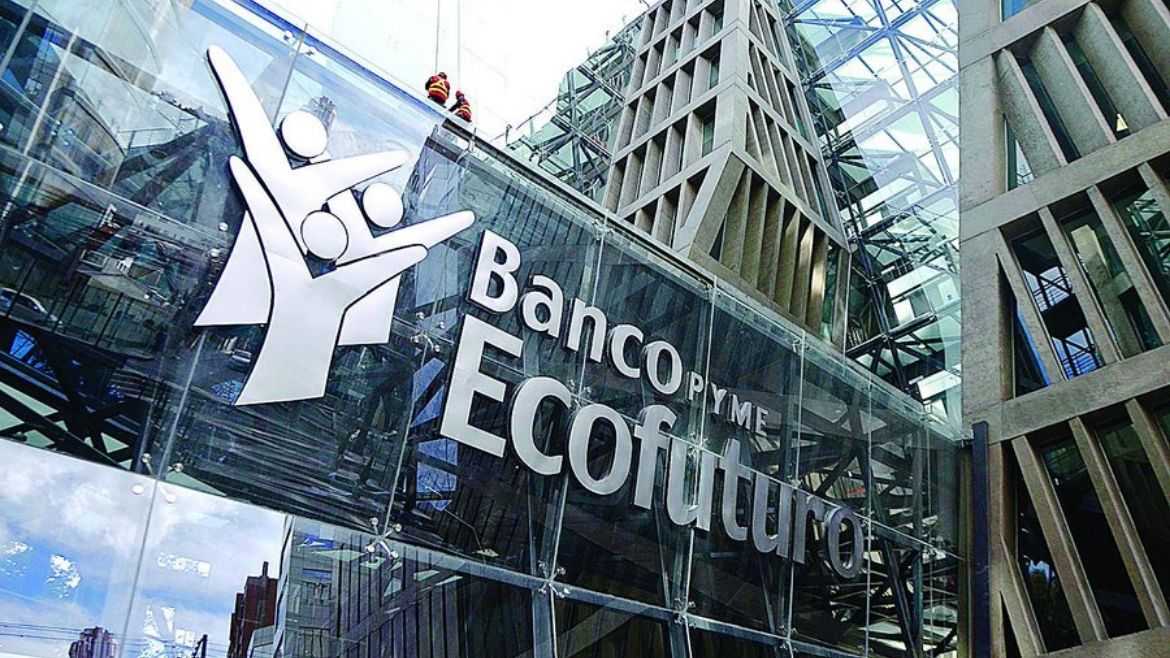Even though Bolivia was the first Latin-American country to ban cryptocurrencies in 2014, private firms continued exploring the potential of the underlying technology, the blockchain. Now La Paz-based Banco Ecofuturo has announced that it will harness the power of blockchain applications.
The private bank, which seeks to offer innovative and alternative financial services, announced on July 19 that the modernization project was underway. Besides blockchain technology, Ecofuturo will employ artificial intelligence to optimize banking processes, asserted Managing Director Dante Rivadeneyra.
He acknowledged that the next steps should be strategic so as to not to run afoul of regulations. The bank’s objective is to ultimately disrupt the country’s financial services without directly promoting the use of cryptocurrencies, which remain banned in Bolivia.
Before adopting these technologies, however, the bank must undertake a campaign to educate clients and develop a careful strategy.
“Even though it is said that innovation should be creative and occur without too many rules,” Rivadeneyra explained, “[we as] organizations should be clear regarding our management and operations.”
Framing the path forward appears to be particularly important in Bolivia, where blockchain technology and cryptocurrencies remain relatively unexplored. Startups, entrepreneurs, and universities are interested, but the prohibition of cryptocurrencies, blockchain’s most popular application, significantly hinders the expansion.
In Bolivia, most people and businesses are just beginning to investigate the technology’s endless possibilities, according to Sergio Köller. He is a computer engineering student who, along with his classmate Sergio Morales, created two blockchain-based projects at a Bolivian university—one for electoral processes and the other storing medical records.
Köller told Criptonoticias that, although he foresees a promising future for blockchain in his country, the notion of crypto assets—including bitcoin—remains taboo for Bolivians, who associate it with pyramidal schemes and fraud.
Other Latin-American countries with socialist regimes have also attempted to forbid cryptocurrencies and halt their expansion. Venezuela and Ecuador have even created state-backed digital currencies. But the lack of confidence in a government-issued token only spells trouble for those projects.
It remains to be seen how the Bolivian private sector will navigate the regulations and convince users to trust blockchain technologies.




